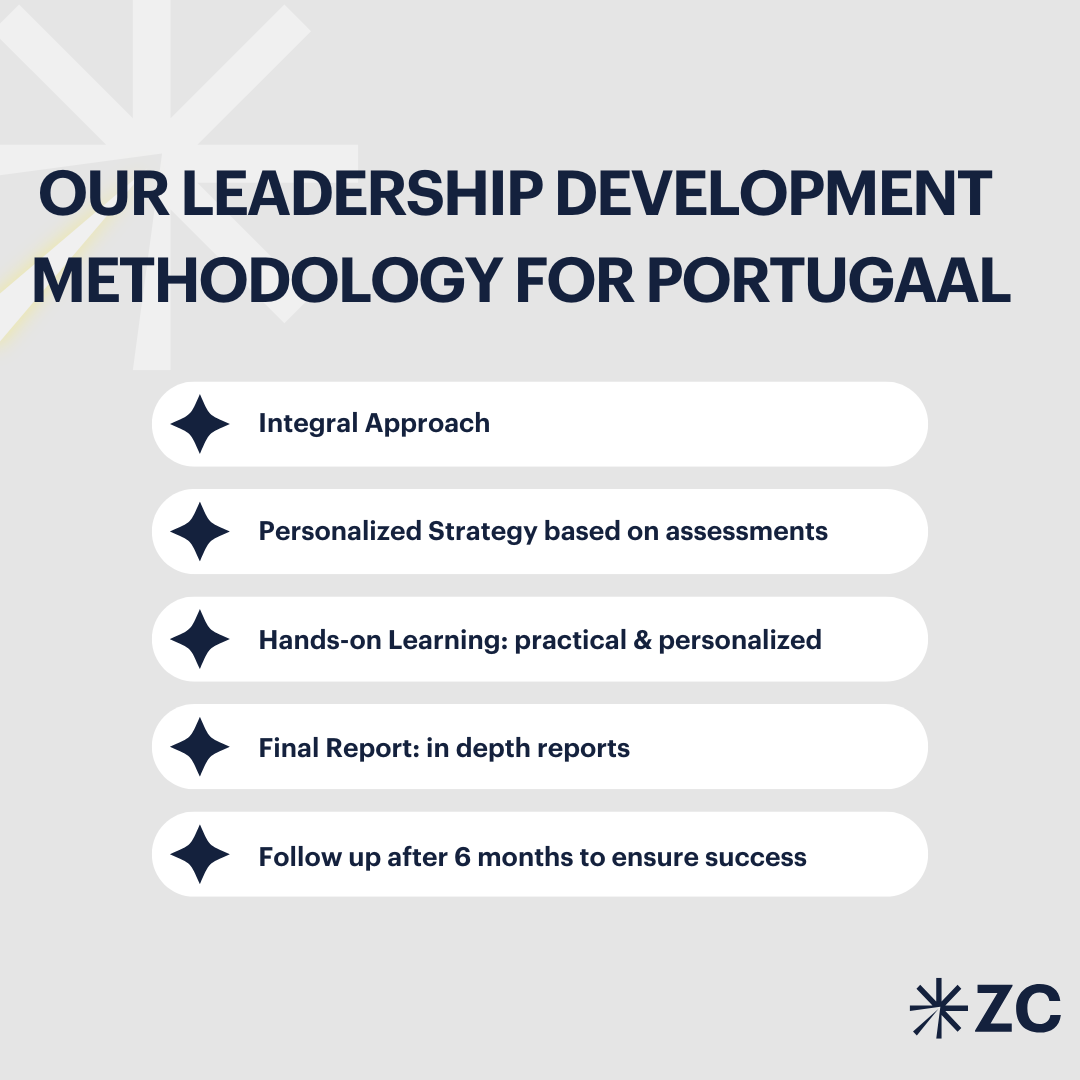In Portugal’s fast-changing economy, building future-ready executives is no longer optional. According to Eurostat, over 60% of Portuguese companies cite leadership capability gaps as a key obstacle to growth, especially in sectors like technology, industry, and energy. As Lisbon, Porto, and other regions attract increasing foreign investment, organizations are recognizing the urgent need to prepare managers capable of leading expansion. Yet many still lack structured strategies to develop their senior teams effectively.
Why Structured Leadership Development Still Lags in Portugal
Compared to other European markets, many Portuguese firms rely on informal learning to prepare future executives. Structured management training programs, coaching, and assessments are often missing—limiting companies’ ability to build competitive leadership pipelines.
The Risks of Promoting Technical Experts into Executive Roles
Portuguese companies frequently promote operational specialists into management positions without providing training in strategic thinking or people management. This limits their ability to lead teams effectively and slows organizational growth.
Cultural Barriers to Building Strong Leaders in Portugal
In many firms, leadership is viewed as something learned through experience. Formal feedback processes and structured skill-building remain rare, particularly outside Lisbon and Porto. Soft skills like communication and adaptability are often overlooked.
Generational Expectations Are Changing Talent Development
A new generation of professionals in Portugal is reshaping expectations around career development. Millennials and Gen Z employees increasingly prioritize companies that offer structured growth opportunities, ongoing coaching, and transparent career pathways. They view professional development not as a privilege for a few, but as a standard part of employment.
However, many Portuguese firms continue to rely on informal, unstructured development models that fail to engage younger talent. Without clear progression frameworks and investment in skill-building, high-potential employees are likely to seek opportunities elsewhere—often with multinational companies that offer more formalized leadership development programs.
To attract and retain this next generation of leaders, companies in Portugal must rethink how they approach executive development, embedding coaching and structured advancement into their talent strategies.
What Portuguese Companies Can Do to Build Stronger Leadership Teams
Forward-thinking businesses in Portugal are:
- Implementing management training and structured executive programs.
- Using leadership assessments to support succession planning.
- Offering executive coaching to help managers transition into strategic roles.
- Aligning skill-building with retention strategies to prevent talent loss.
These actions help create resilient management teams ready to lead future growth.

Executive Development in Portugal
Executive development is no longer optional for companies aiming to compete locally and globally.
Contact us today to design a structured management development strategy tailored to your organization’s needs.









